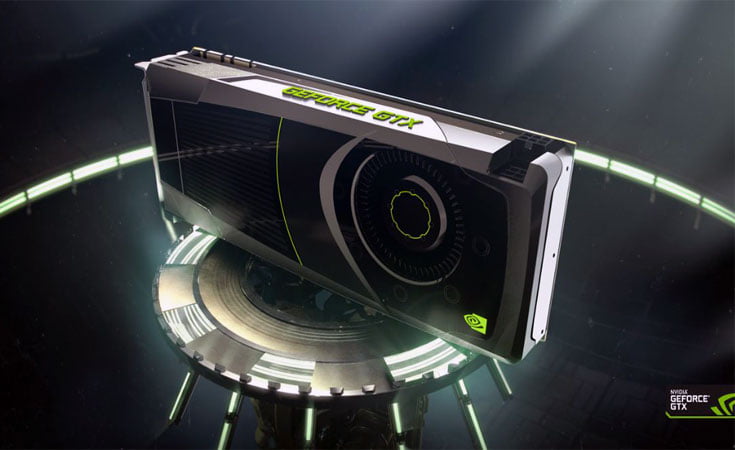Valve is gradually making things better for Linux gaming, decades well after disastrous Steam Machines. Steam Deck, the company’s planned Linux-based portable, will be able to play Windows-based games thanks to the Proton support layer. Nvidia’s DLSS machine learning periodic scaling algorithm has now been finally introduced to Proton by Valve, perhaps resulting in significant FPS increases and reduced flutter in games that utilize the feature.
Proton 6.3-8 is the first functional outcome to incorporate DLSS compatibility, following the functionality that made a cameo in testing builds in October, although you’ll still need to set PROTON ENABLE NVAPI=1 and dxgi.nvapiHack = False to turn it on. AMD’s Steam Deck does not support DLSS just because it needs exclusive Nvidia machine-learning silicon, although we have learned that AMD’s FSR, which is probably less effective, will be supported by the Steam Deck.
Many extra PC games, namely Deathloop, Age of Empires 4, and both Marvel’s Guardians of the Galaxy and Mass Effect Legendary Edition are also said to be supported by the latest edition of Proton.
That anti-cheat software known as BattlEye may not have been preventing many of the most famous games on Steam from running properly on Linux is being addressed in the 6.3-8 version, which contains “compatibility for an existing batch of BattlEye games,” according to Valve. The complete revision can be seen on Valve’s GitHub. In June, Nvidia and Valve stated that they would work together to bring DLSS to Linux.










